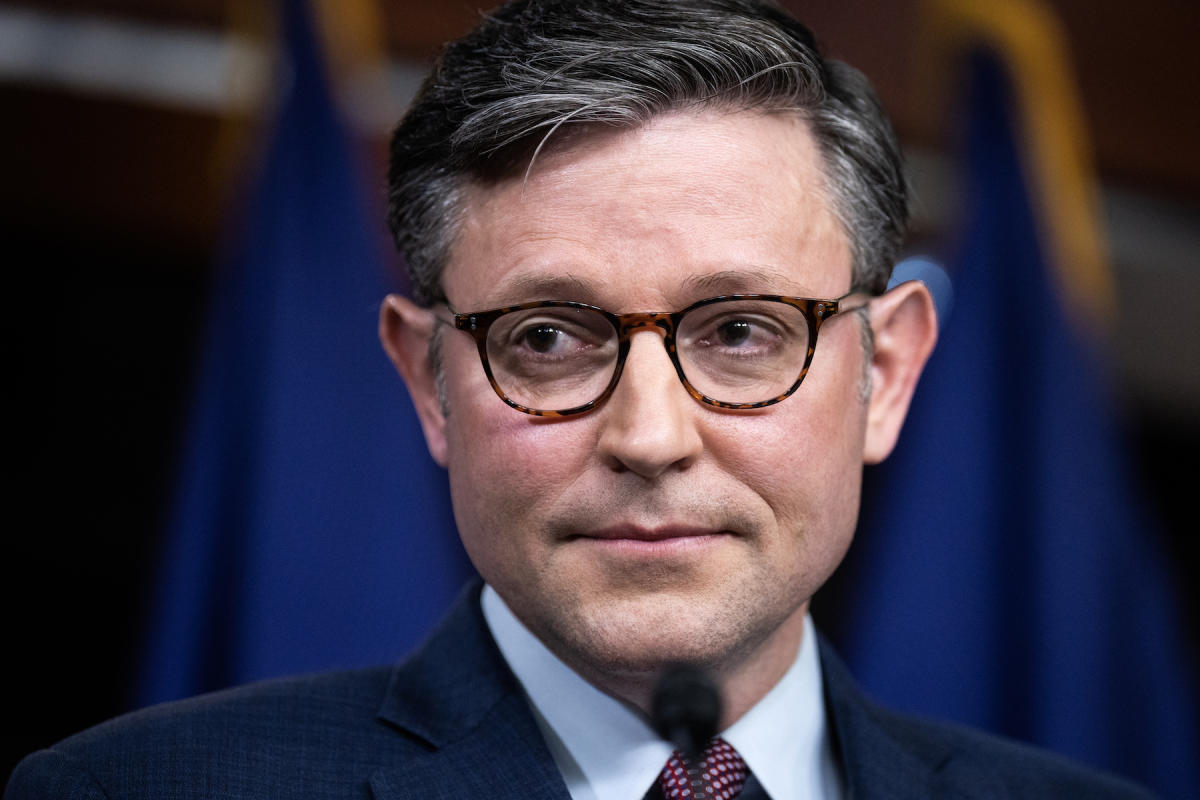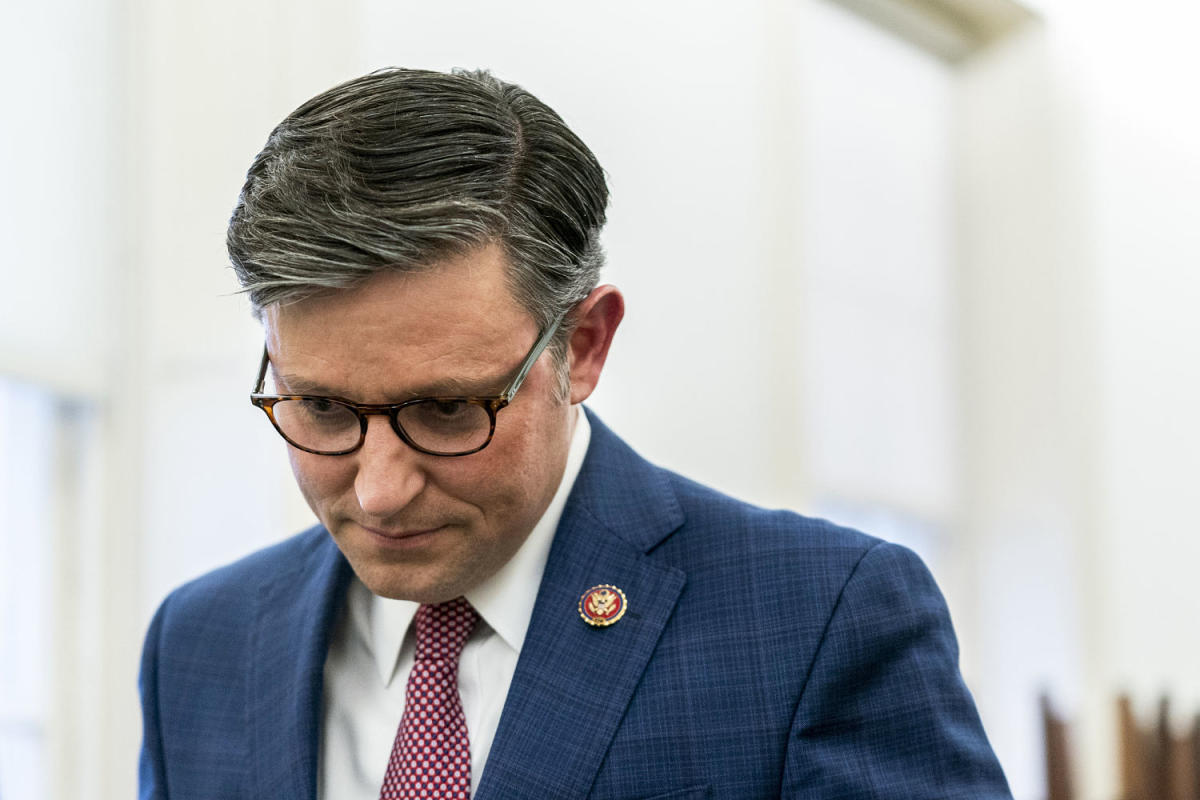House Speaker Mike Johnson (R-La.) is under mounting pressure as the January 3 House speaker election nears. Skepticism within his party, particularly from hardline Republicans, underscores the difficulties he faces in securing his position.
Why It Matters
The resistance from conservative members of the GOP reveals cracks in the support for Johnson, even after President-elect Trump publicly endorsed him. Johnson’s willingness to work with Democrats on government spending and foreign aid has drawn sharp criticism from the far-right faction, which is demanding a more hardline approach in preparation for the incoming Trump administration.
What Critics Are Saying
Representative Ralph Norman (R-S.C.) stated that a “growing number of members” are demanding firm commitments from Johnson on substantial spending reductions before backing him. Norman is part of a group of roughly a dozen Republicans who remain undecided, despite Trump’s recent endorsement. Representative Lauren Boebert (R-Colo.) has also withheld her voting plans, fueling uncertainty.
The Numbers Game
Johnson’s challenge is compounded by the slim 219-215 Republican majority in the House. If all members are present on January 3, he can afford to lose only one Republican vote. Representative Thomas Massie (R-Ky.) has already pledged to vote for an alternative, leaving Johnson no margin for additional defections.

Behind the Curtain
Over the holiday break, Johnson has been reaching out to key players in the GOP, including members of the “Five Families,” an ideological coalition within the party. While discussions about potential concessions have taken place, no concrete agreements—such as rule changes—have been solidified.
Johnson’s Strategy
In an effort to address internal criticism, Johnson has proposed “process reforms” aimed at tightening fiscal policies and reducing bipartisan compromises. Speaking on Fox News, he emphasized his commitment to advancing the “America First agenda” and responding to frustrations over how end-of-year legislation was handled.

Proposed Changes
One notable reform in Johnson’s rules package for the 119th Congress limits who can initiate a vote to remove the speaker. Under the new rules, at least nine Republicans would need to support such a motion, replacing the current system where a single member can trigger the process. Democrats have criticized this proposal, with Representative Jim McGovern (D-Mass.) stating it reflects a move away from bipartisan leadership and a shift toward appeasing the party’s extreme elements.
The Path Forward
Despite the hurdles, Johnson remains optimistic, asserting that his team is ready to move forward with a bold legislative agenda. However, failure to secure his position could delay critical proceedings, including the January 6 certification of Trump’s electoral victory. While an anonymous Republican lawmaker expressed confidence that Johnson would ultimately retain his gavel, the journey to securing his speakership is fraught with challenges.
